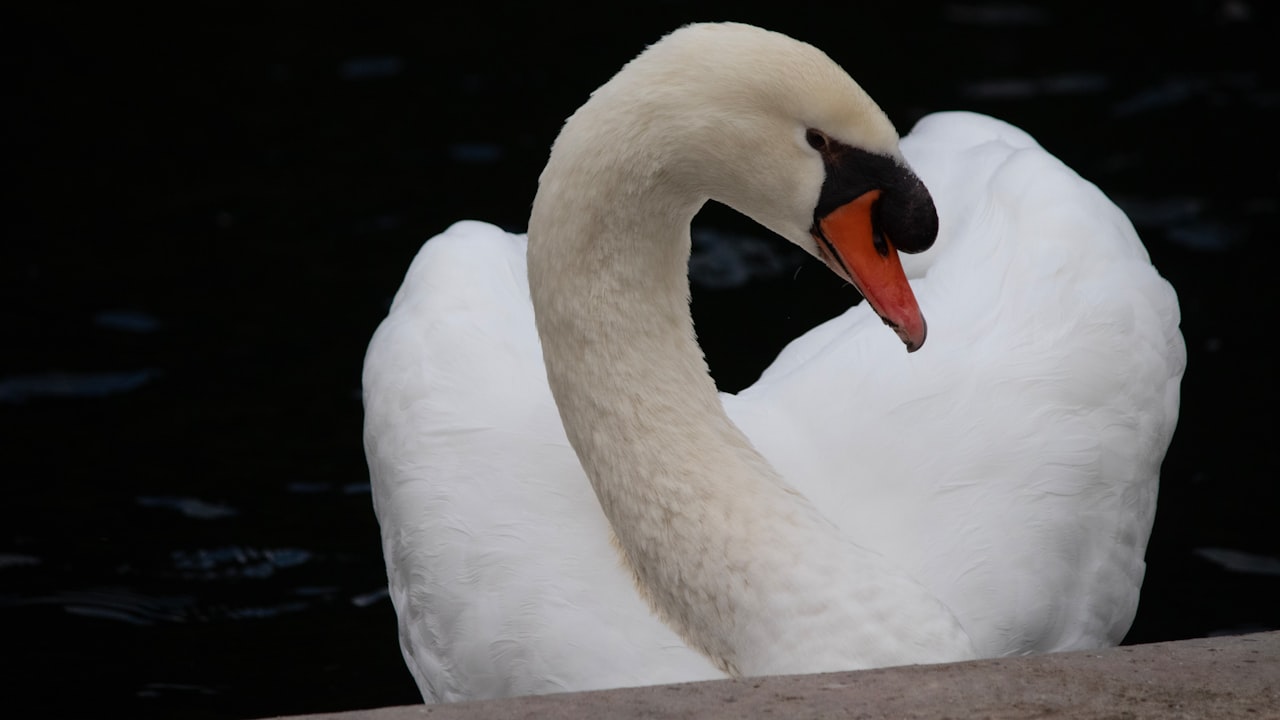The nozzle is an essential pressure washer component. The market features various nozzle types. The type of nozzle usually depends on the pressure washer model. However, pressure washer nozzles often experience functionality issues regardless of the model. This post looks at some clogging, the most common problem with nozzles for pressure washers.
The most common issue with nozzles for pressure washers
Most of the problems encountered by pressure washers are usually related to the nozzle. Therefore, you can only resolve them by troubleshooting common problems affecting nozzles for pressure washers. You can only do this if you understand the types of problems the nozzles may suffer. The most common problem with nozzles for pressure washers is clogging.
Clogging of pressure washer nozzles
This is one of the most common problems associated with nozzles for pressure washers. It usually occurs when debris and foreign materials get stuck on the nozzle. The obstructions usually develop into large substances that restrict water from flowing out of the nozzle (like drain or pipe clogs). You can troubleshoot a clogged pressure washer nozzle by disconnecting the spray want and running a wire inside the nozzle. If the wire cannot go through the nozzle comfortably, it indicates a clogged nozzle. You can also tell a clogging issue if debris or particles start coming out of the nozzle as you insert the wire.
Clearing the clog
Once you have determined that your nozzle is clogged, the next step is clearing the obstruction. You can do this by:
- Removing the nozzle
- Running a wire inside to push out the obstruction
- Cleaning and rinsing it
- Replacing or putting it back
Impacts of a clogged nozzle for pressure washers
Unclogging an obstructed pressure washer nozzle is essential. This is because of the challenges associated with clogged pressure washer nozzles. Below are the impacts;
a. Hygiene challenges
Clogged nozzles are usually caused by dirt and debris stuck in the component. Therefore, even if the obstruction is not strong enough to prevent water from passing through, the debris still comes into contact with the water. This causes the water to become contaminated. Therefore, it may contaminate the surfaces you clean with the washer.
b. Increased pressure causing damages
One of the factors affecting the pressure of the water spraying out of a pressure washer is the size of the nozzle. According to physics principles, the smaller the nozzle, the more the pressure of the water flowing through it. Therefore, when an obstruction occurs, it reduces the space that water can pass through. This essentially makes the hole smaller, increasing the pressure. As a result, using a high-pressure nozzle can increase the risk of injuries or damage to your surfaces. For instance, the water pressure may cause cracks on your surfaces. However, this impact only occurs if the nozzle is not completely clogged.
c. Reduced pressure
If your nozzle is clogged 100%, it may reduce water pressure. This is because the clogging causes the motor to work harder to get the water through. This reduces the pressure produced at the nozzle.
d. No water flow
Finally, if the clog is too severe, it will hinder water from flowing out of the nozzle for pressure washers completely.
Conclusion
Besides clogging, pressure washer nozzles also experience other problems like corrosion, breaking, and cracking. These issues can impact the overall performance of your machine.


